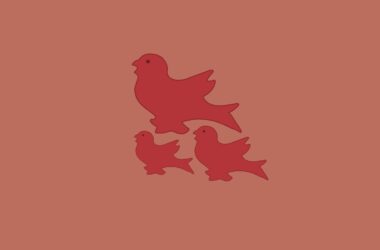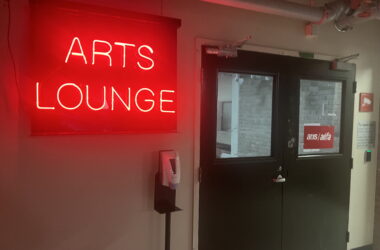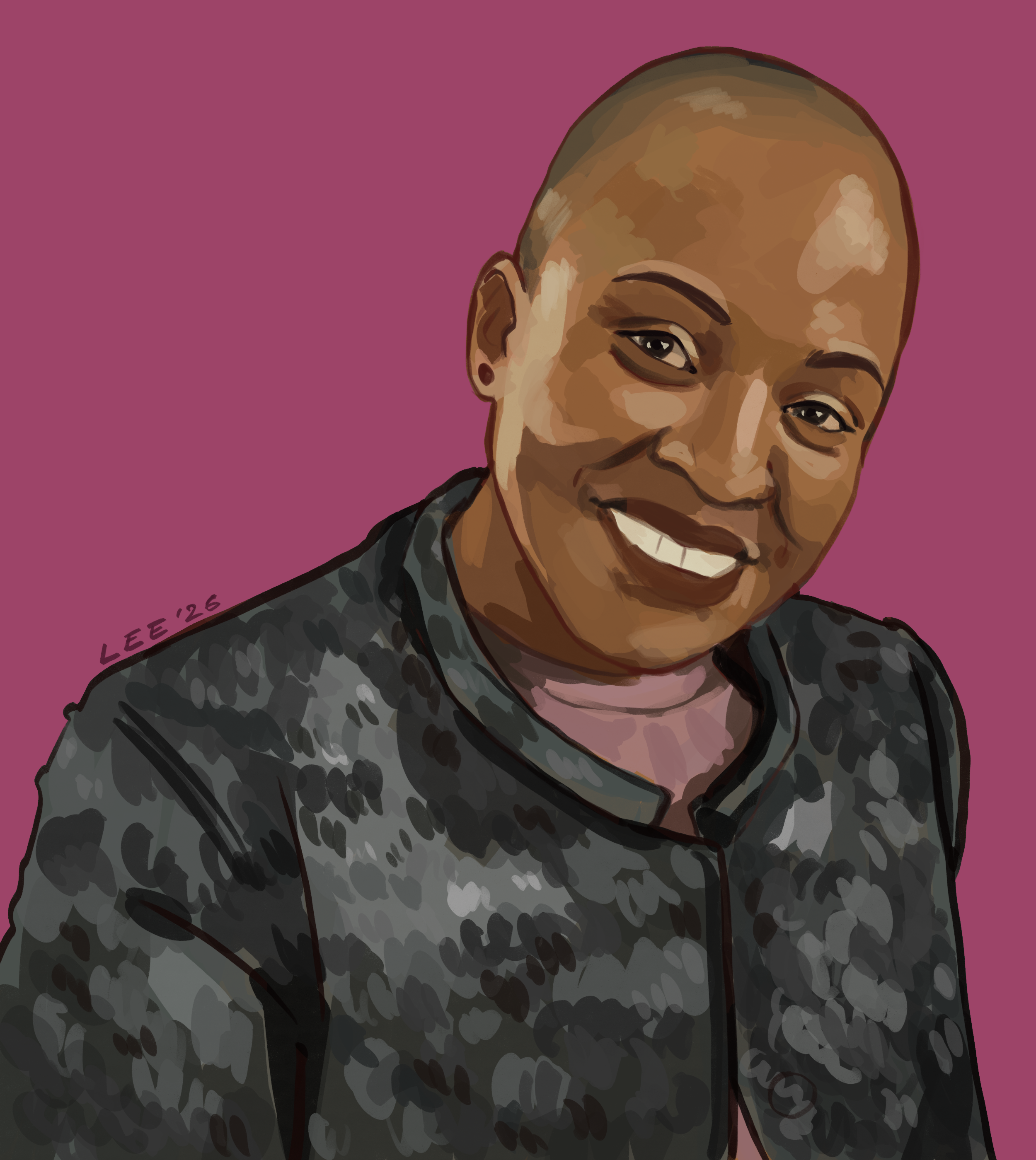On March 22, members of the McGill community attended a panel on indigenous allyship as part of the Students’ Society of McGill University’s (SSMU) Indigeneity and Allyship 2016 event series.
The panel, co-hosted by SSMU Indigenous Affairs and the Education Undergraduate Society (EdUS), aimed to define what it means to be an ally and how students can become involved in the issues affecting indigenous communities. It answered questions on how to best support members of Indigenous communities and how to collaborate successfully with them. Three speakers shared their views on the topic: Paige Isaac, a member of the Listuguj Mi’gmaq First Nations and the coordinator of the First People’s House at McGill; Tayla Lalonde, president of the Aboriginal Peoples Commission for the Liberal Party of Canada-Quebec and board member for Indigenous Access McGill; and Patrick Brennan, executive director of McGill’s Institute for the Study of International Development.
The panel opened with the question, “What is the most important part of being an ally?” Isaac began by stating that being an ally is a process rather than a label.
“It’s something that you’re constantly striving to be or do,” Isaac said. “Your actions are speaking more than words, you’re standing with whoever you’re being an ally with, not speaking for them [….] It’s learning, educating yourself on different issues, hearing from diverse perspectives, listening to the news, [and] talking to resource people at universities [and] businesses.”
Lalonde stressed the importance of mutual collaboration, through the acts of both listening and understanding rather than always asking questions.
“A lot of times, people think that they are being an ally when they are constantly asking the marginalized person to tell them their story,” Lalonde said. “[This] approach is a little misguided because it’s exhausting to be that person who always has to answer those questions over and over again [….] By asking those questions you are also triggering deep-seated issues for people because a lot of people [… have] been marginalized.”
For Brennan, being an ally is about supporting people, not forcing your own viewpoint on marginalized groups.
“You can be there to support, or what I like to say ‘lead from the side,’ but you need to be careful not to confuse the destiny of a marginalized people with a solution that you have come up with,” Brennan said.
Lalonde went on to explain the benefits that can arise from an ally’s privileged social position—particularly among university students.
“If you have access to student government or decision-makers because of your place of privilege […using] that to push issues for [the] indigenous community, [is] a really effective way of being an ally,” said Lalonde.
Lalonde also shared her personal experience as an indigenous student at McGill and how she felt the lack of indigenous content from the moment she arrived.
“When I think back to when I started [at] McGill in 2008, what I always remember is how invisible I felt,” Lalonde said. “I was sometimes one of the only indigenous people in my classes [….] I didn’t see myself reflected in the course content anywhere [….] There wasn’t any dedicated time in discussing the indigenous viewpoint.”
Lalonde specifically described an instance when she felt erased as a member of her Cree society.
“I remember sitting in an anthropology class and I remember learning about Indigenous people from this white male professor,” she said. “No insult to white male professors, but it was strange to hear this person talking about our people, Cree, from his anthropological perspective, which kind of made it feel like we didn’t still exist.”
Going forward, Isaac emphasized the necessity of having more indigenous faculty members and offering more indigenous-focused classes.
“[Provide] more opportunities for people to engage in Indigenous pedagogies,” Isaac said. “I’m hoping if your voices are loud enough to say ‘we want this,’ [the school] would listen.”
This article has been corrected. The panel is a part of SSMU's Indigeneity and Allyship 2016 event and not as part of SSMU and EdUS' Indigenous Awareness week, as previously reported. The Tribune regrets this error.








